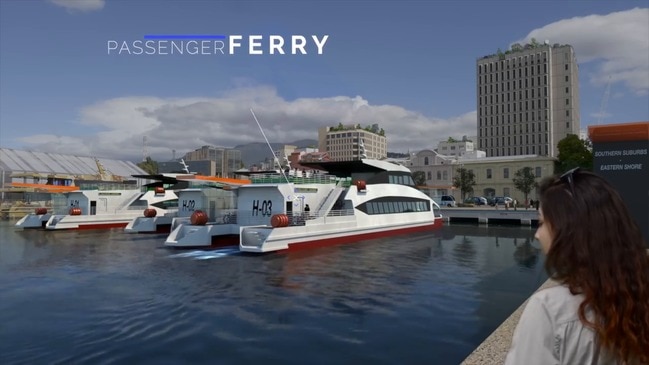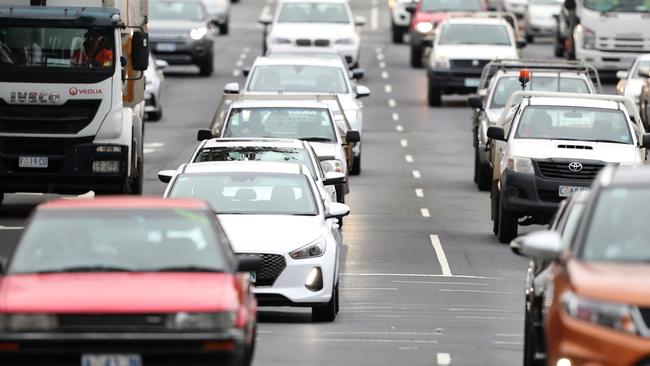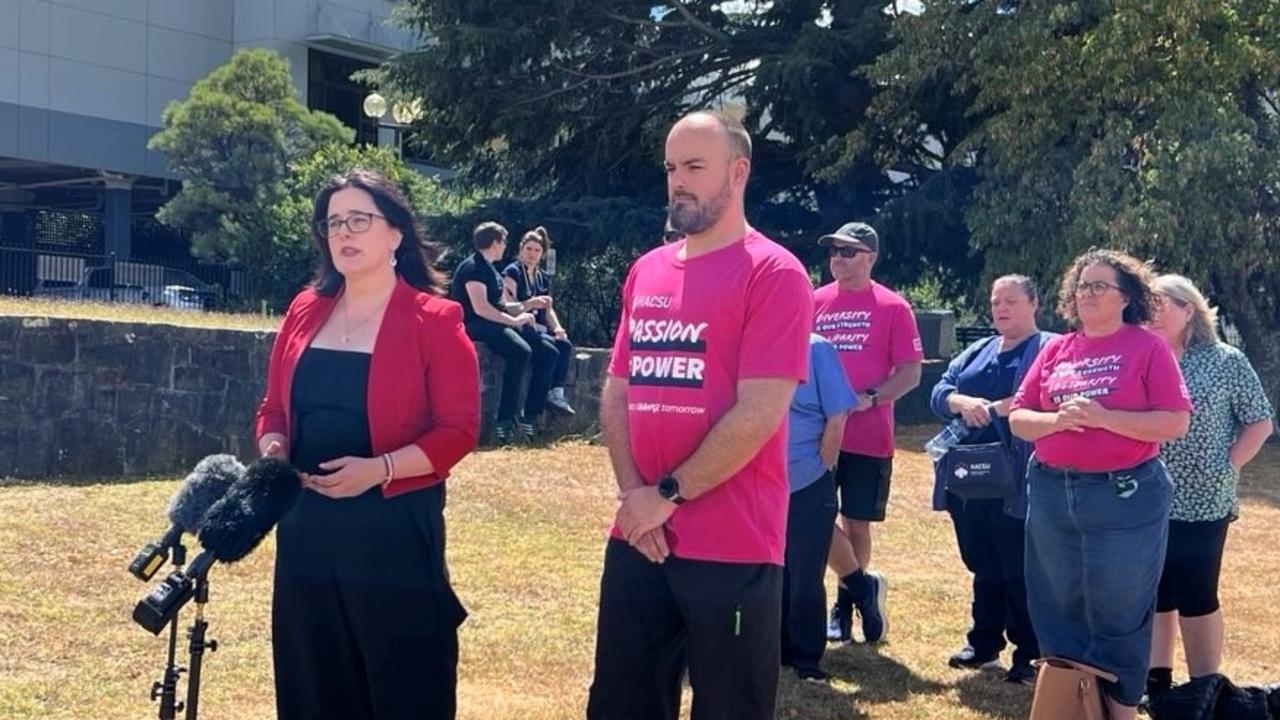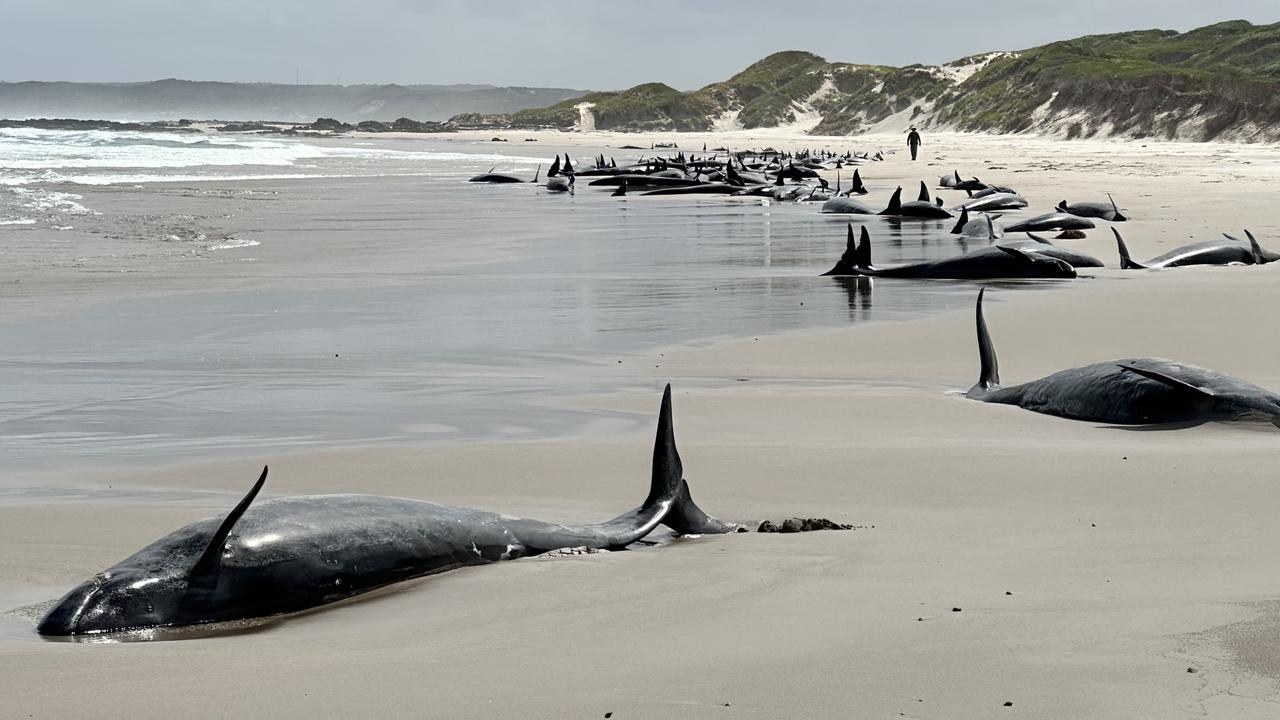State government shoots down $3.2 billion western bypass plan
The long-awaited $762,000 consultant’s report into the Hobart Western Bypass idea has finally be revealed — and it says why the State Government believes it’s not viable. FULL DETAILS >>

Tasmania
Don't miss out on the headlines from Tasmania. Followed categories will be added to My News.
- Hobart bypass study being kept secret by State Government
- Hobart traffic woes: Western bypass study to cost $762,000
A WESTERN bypass of the Hobart CBD is technically feasible but would cost $3.4 billion, require a population of around two million people to be viable and would save motorists just two to four minutes per trip.
The government says it won’t be built.
Minister for Infrastructure Michael Ferguson released the long-awaited $762,000 consultant’s report into the bypass idea on Thursday.
He said the project was not feasible based on a combination of construction cost, low traffic volumes and low potential toll revenues.
Tolls would only cover the cost of collecting toll revenues, the report noted, and the government would be left to pick up the cost of around $31 per journey made on the bypass. And operational costs could be the equivalent of half the annual maintenance budget for the entire state road network.
“Based on examples from other Australian cities, the study indicated Hobart would require a population of two million people to make large bypass tunnels worthwhile,” Mr Ferguson said.

“It would also have a significant impact on Hobart’s existing land use, heritage-listed precincts and properties, and visual amenity.
The report considered five different options to move traffic transiting the city off Macquarie and Davey streets by better connecting the Southern Outlet, Brooker and Tasman highways.
“The two short-listed options use a combination of tunnels, bridges, interchanges and ramps to bypass the CBD providing a free flowing connection between the Southern Outlet and the Brooker and Tasman highways,” it said.
“Traffic modelling found that the untolled bypass options were capable of reducing Macquarie-Davey traffic volumes by up to half, leading to travel time savings of up to four minutes.
“However with an estimated unescalated cost of over $3.3 billion, compared to these travel time savings, a bypass would be considered unfundable by both the Tasmanian and Australian Government.”
“Even when operating the bypass without a toll to ensure the highest patronage, a single end to end trip would cost the tax payer at least $30.50 in subsidy, or across all daily trips for the
bypass, over $800,000 per day.”
The study said Hobart is the most car-dependent capital in the nation, with 84 per cent of commuters using private vehicles, with an average journey of less than nine kilometres.
More than 11,000 vehicles flood Macquarie and Davey streets in morning peak period and 13,000 during evening peak – mostly heading to and from CBD destinations.



